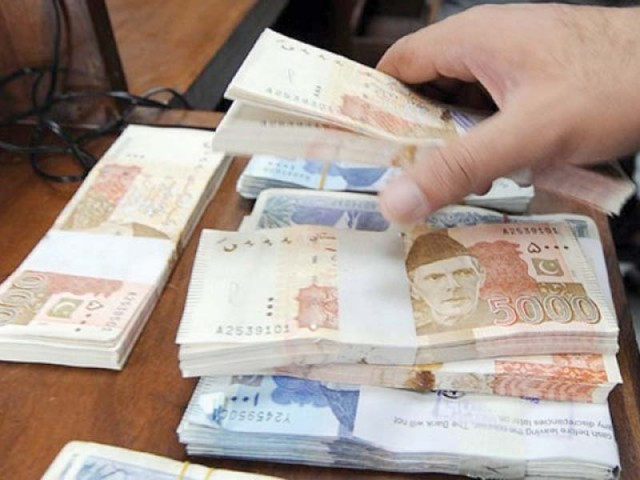Businessmen demand amnesty to settle old disputes
This will allow them to upgrade their manufacturing units, says LCCI chief

The amnesty should not be limited to legalising the undeclared wealth by paying a certain percentage to the Federal Board of Revenue (FBR). Instead, they desire a one-time amnesty as a special favour to small, medium and large-scale manufacturers in order to ignore past anomalies.
PHOTO: FILE
The amnesty should not be limited to legalising the undeclared wealth by paying a certain percentage to the Federal Board of Revenue (FBR). Instead, they desire a one-time amnesty as a special favour to small, medium and large-scale manufacturers in order to ignore past anomalies.
Explain undisclosed assets, FBR asks Akram Sheikh
“After such an offer, a time frame, ranging from six months to one year, is required so that all businesses running on decades-old technology and practices can upgrade their manufacturing units in line with best international practices,” suggested Lahore Chamber of Commerce and Industry (LCCI) President Almas Hyder in an interview with The Express Tribune.
Quoting an example, Hyder revealed that currently 80% of local businesses in Punjab were not registered with the provincial social security institution over fears of probe into their previous record. “There are 290,000 industrial meters in Punjab and only 65,000 are registered with the Punjab Employees Social Security Institute,” he revealed. “Apart from this, many businesses are in a tussle with different government departments for the past many years.”
The LCCI chief pointed out that the unregistered businesses were ready to get on board but they feared for their own past record. He stressed that the business community was demanding an opportunity to clean their books under a one-time amnesty as the government was trying hard to eradicate corruption and widen the tax net. Hyder was of the view that registered business houses in Pakistan were facing serious problems in running their businesses.
Late filing of returns: Govt waives penalties on taxpayers of salaried class
“Unregistered businesses are flourishing at a rapid pace as compared to the registered ones,” he said. “Such unregistered entities further flourish when the government imposes unrealistic customs duties on raw material imports which has resulted in closure of several manufacturing units over the past decade.”
For instance, the steel industry is contributing 82% in different types of taxes and duties on the import of raw material whereas the government has imposed only 5% duty on Chinese goods under the free trade agreement.
“This huge difference in steel and other sectors has dented the local manufacturing base badly and as a result local manufacturers have become losers,” he said. “We were never consulted as a stakeholder by the government while imposing such huge duties and we always fight back for their reversal.”
Apart from the imposition of higher duties, a long delay in the release of tax refunds is another major issue afflicting the local industry. “Many businessmen prefer to sell their finished goods in Pakistan as the government is not clearing tax refunds of different exporters,” Hyder added.
He voiced hope that the government would correct the unrealistic tax structure and restrict the flow of smuggled goods, which were destroying the local manufacturing base.
Published in The Express Tribune, December 11th, 2018.
Like Business on Facebook, follow @TribuneBiz on Twitter to stay informed and join in the conversation.


















COMMENTS
Comments are moderated and generally will be posted if they are on-topic and not abusive.
For more information, please see our Comments FAQ